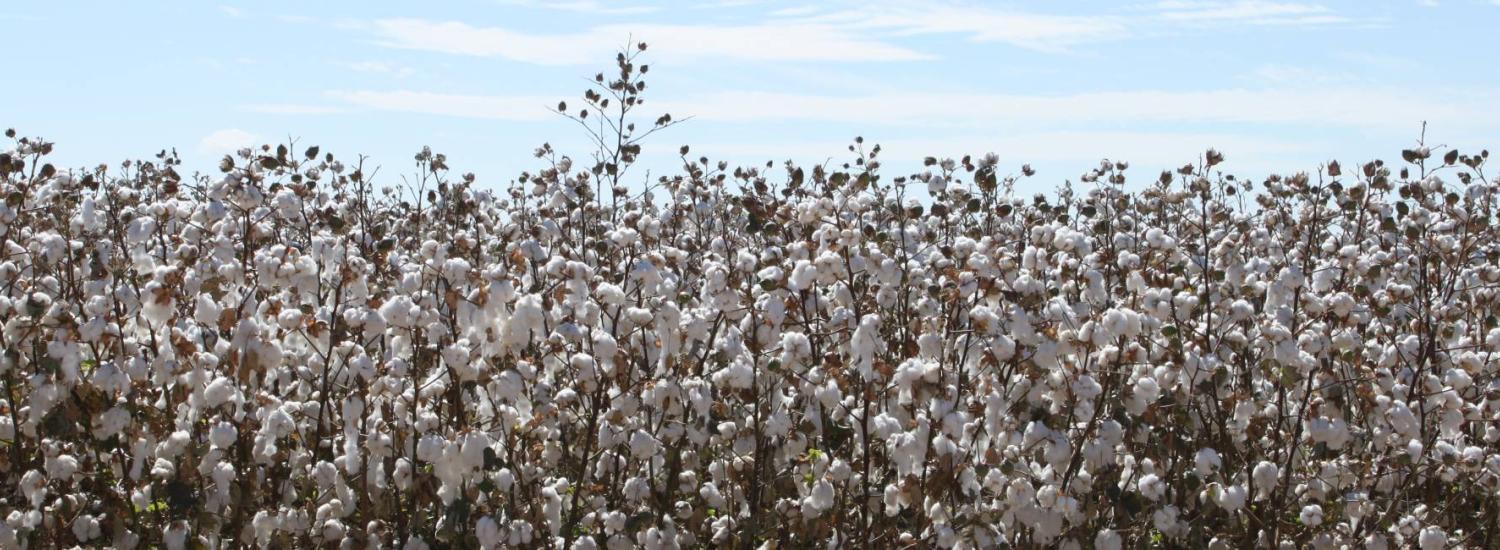Finding Resilience in Changing Climates
NSIDC-led project will connect Arctic and U.S. Southwest Indigenous communities facing food security challenges

The National Science Foundation has awarded a University of Colorado Boulder-led team nearly $500,000 to explore how Indigenous peoples living in the arid U.S. Southwest and the icy Arctic are adapting to rapid social and environmental changes that affect food security.
“It’s very exciting to really solidify connections between the Southwest and Arctic.” said principal investigator Colleen Strawhacker, an anthropologist with the National Snow and Ice Data Center within CIRES at CU Boulder. “This creates the opportunity for these Indigenous communities to have ownership of, and communicate about, their own data and knowledge.”
Colleen Strawhacker (on the right) takes cores with PhD student Tom Ryan to understand the history of a farm in northern Iceland. Photo: Megan Hicks/City University of New York
Strawhacker’s grant is one of 23 awarded by the National Science Foundation, as part of a new program called “Convergence.” The agency’s intent, outlined in this video, is to bridge the gap between societal needs and science, converging interdisciplinary fields into collaborations that benefit all parties.
The new project, entitled “Networking Indigenous Arctic and U.S. Southwest Communities on Knowledge Co-Production in Data Sciences,” will involve researchers and—more importantly—Indigenous peoples in Arizona, New Mexico, and the Arctic who are often among the most food insecure members of their regions. These communities are also generally underrepresented in scientific research, and Strawhacker and her academic colleagues aim to reverse that. Indigenous partners will lead the formation of a research collaboration network: organizing and hosting meetings to create partnerships between Indigenous groups across the world that don’t normally have the opportunity to connect.
Colleen Strawhacker works with Indigenous fisherman on the Lena River in Siberia to win a fishing competition outside of the town of Zhigansk. They lost. Photo:Tero Mustonen/Snowchange-Finland
These collaborations allow the communities to talk about their specific challenges and successes with securing food in their regions. It gives them arena in which to formulate and discuss possible future plans to address these challenges. Once those challenges are identified, those communities will work with one another to identify and build online tools for archiving and accessing critical data, to be used by Indigenous peoples and scientists alike. Importantly, the group will discuss issues of data sovereignty—see University of Arizona co-PI Stephanie Rainie’s efforts on the U.S. Indigenous Data Sovereignty Network, to ensure knowledge and information held by Indigenous partners are shared and managed in an ethical way.
The new project expands upon the mission of NSIDC’s Exchange for Local Observations and Knowledge of the Arctic (ELOKA) program. ELOKA was launched in 2007, with an aim to foster collaboration between local, Indigenous Arctic experts and visiting scientific researchers. These groups work together to contribute to the knowledge and data management tools of the Arctic.
To get periodic updates on the evolving network, please sign up for the email list here.